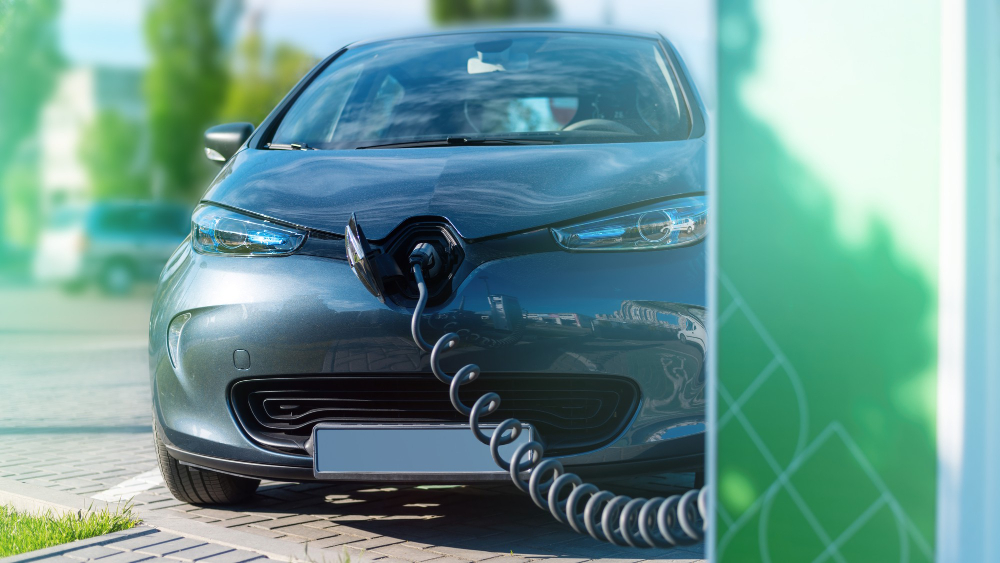Electric vehicles (EVs) have emerged as a promising solution to the environmental challenges posed by traditional gasoline-powered cars. With zero tailpipe emissions and lower overall carbon footprints, electric cars offer significant environmental benefits that extend far beyond the road. Let’s explore how electric vehicles are helping to reduce emissions and save the planet:
- Zero Tailpipe Emissions: Unlike internal combustion engine vehicles, which emit harmful pollutants such as carbon dioxide (CO2), nitrogen oxides (NOx), and particulate matter (PM), electric cars produce zero tailpipe emissions. By eliminating these pollutants at the source, EVs help improve air quality and reduce the health risks associated with vehicle emissions.
- Reduced Greenhouse Gas Emissions: Transportation is a major contributor to greenhouse gas emissions, which are the primary driver of climate change. Electric vehicles produce lower overall greenhouse gas emissions than gasoline cars, even when accounting for emissions from electricity generation. As the grid continues to transition to renewable energy sources such as wind and solar power, the environmental benefits of electric vehicles will only increase.
- Energy Efficiency: Electric motors are inherently more efficient than internal combustion engines, converting a higher percentage of energy from the battery into propulsion. This energy efficiency translates to better mileage and reduced energy consumption, further reducing the environmental impact of electric vehicles.
- Lifecycle Emissions: While electric vehicles produce zero tailpipe emissions during operation, it’s essential to consider the lifecycle emissions associated with their production, battery manufacturing, and disposal. Studies have shown that despite higher emissions during manufacturing, electric vehicles still have lower overall lifecycle emissions than gasoline cars, thanks to their cleaner operation and longer lifespans.
- Promotion of Renewable Energy: The widespread adoption of electric vehicles can help drive demand for renewable energy sources such as wind, solar, and hydropower. By charging EVs with clean, renewable energy, we can further reduce the environmental impact of transportation and accelerate the transition to a low-carbon economy.
- Reduced Noise Pollution: In addition to reducing air pollution and greenhouse gas emissions, electric vehicles also help mitigate noise pollution. With quieter operation than internal combustion engine vehicles, EVs contribute to quieter, more peaceful communities, particularly in urban areas where traffic noise can be a significant nuisance.
- Preservation of Natural Resources: Electric vehicles rely on batteries for energy storage, which typically contain materials such as lithium, cobalt, and nickel. While the extraction and processing of these materials can have environmental impacts, efforts are underway to improve battery recycling and minimize resource depletion. Additionally, ongoing research into alternative battery chemistries and materials aims to reduce reliance on rare and environmentally sensitive resources.
- In conclusion, electric vehicles offer a compelling solution to the environmental challenges posed by transportation. By reducing emissions, promoting renewable energy, and minimizing environmental impact throughout their lifecycle, electric cars are helping to pave the way towards a cleaner, more sustainable future for our planet.

